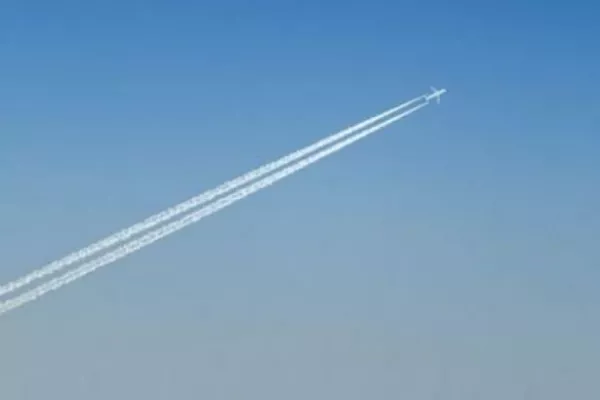The head of global airline body the International Air Transport Association (IATA) is expecting the airline industry to emerge from the COVID-19 crisis smaller and more cautious, and doubts airlines will try to expand through acquisitions.
The airline industry has been crippled by the COVID-19 pandemic, which continues to leave many aircraft around the world grounded or flying near-empty as demand limps towards a recovery.
"It will be a smaller industry. We are not going to recover all the capacity," IATA director general Willie Walsh said in a pre-recorded online interview broadcast this week. He cited the swathes of aircraft retired and employees laid off or placed on furlough.
"It will be a more cautious industry. I don't expect to see M&A [merger and acquisition] activity, principally because people will be guarded about the cash they have," he said.
Walsh, who is the former chief executive of Aer Lingus owner International Airlines Group (IAG), said that spending "valuable cash resources" would be "too risky" but he believes that there will be consolidation through airlines shrinking their operations and some failing.
"It's going to take airlines time to repair their balance sheets," he said.
IATA has forecast global travel demand to return to 2019, pre-pandemic levels in 2024.
While those airlines that survive will fill the gaps left by those that fail, they will have to be careful how quickly they rebuild, Walsh said, urging caution.
"Airlines are not going to be able to take the risk of operating unprofitable routes in the short term," he told aviation consultant John Strickland.
However, Walsh does not believe that the crisis has undermined airline business models such as those for regional or low-cost carriers among others.
"Nothing has changed the competitive nature of this industry," he said.
Ireland's Air Connectivity Likely To Shrink By 30%
Walsh has also said that Ireland's air connectivity is likely to shrink by 30% due to COVID-19 travel restrictions and may need five years to recover.
"Connectivity will be set back significantly and will take time to recover. I don't see anyway around that to be honest," Walsh, who is an Irish citizen, told an Irish parliamentary committee.
He said that it will take at least until 2024 for the airline capacity coming in and out of Ireland to return to the size it was in 2019 but that it will more likely take until 2026.
IAG CEO Expecting More Airline Consolidation
Meanwhile, IAG CEO Luis Gallego has said that he is expecting COVID-19 to spur further airline consolidation, eventually leaving just two or three carriers per continent.
The pandemic has ravaged the industry, grounding thousands of planes worldwide and sending airlines scrambling for cash as countries shut borders and restricted travel.
"We will all have a huge amount of debt after this crisis so all of us will be smaller for some time," Gallego told a virtual event on the prospects for the tourism sector.
"Some won't survive. There will be opportunities for consolidation we'll participate in," he said.
Asked whether the trend will lead to two or three dominant airlines in each continent, Gallego agreed and stressed the importance of better combining different flight networks.
He also said that he hopes that the North Atlantic corridor will open by late June or early July, and that the US should be included on the UK's green list of safe destinations due to its high vaccination rate.
Gallego described IAG's joint businesses in the North Atlantic and Middle East as a key driver in its recovery and expansion, particularly the partnership with Qatar Airways.
While the industry expects to recover pre-pandemic passenger volumes by 2023 or 2024, Gallego forecast business travel - a crucial earner -will remain approximately 15% below 2019 levels, forcing IAG to seek greater efficiency elsewhere.
Increased domestic travel is also set to play a pivotal role in the recovery, Gallego added, pointing to China, where internal flights already exceed 2019.
"Higher taxes and more costs in airports is not the solution," Gallego said as some EU countries plan to hike taxes on short-haul flights and introduce a frequent traveller tax to cut carbon emissions.
He called instead for more plants to produce less-polluting sustainable aviation fuel to help meet emission-reduction targets.
Sustainable fuel generally produces up to 70% less carbon than fossil fuels, offering airlines a way to become greener while continuing to fly.
News by Reuters, edited by Hospitality Ireland. Click subscribe to sign up for the Hospitality Ireland print edition.









